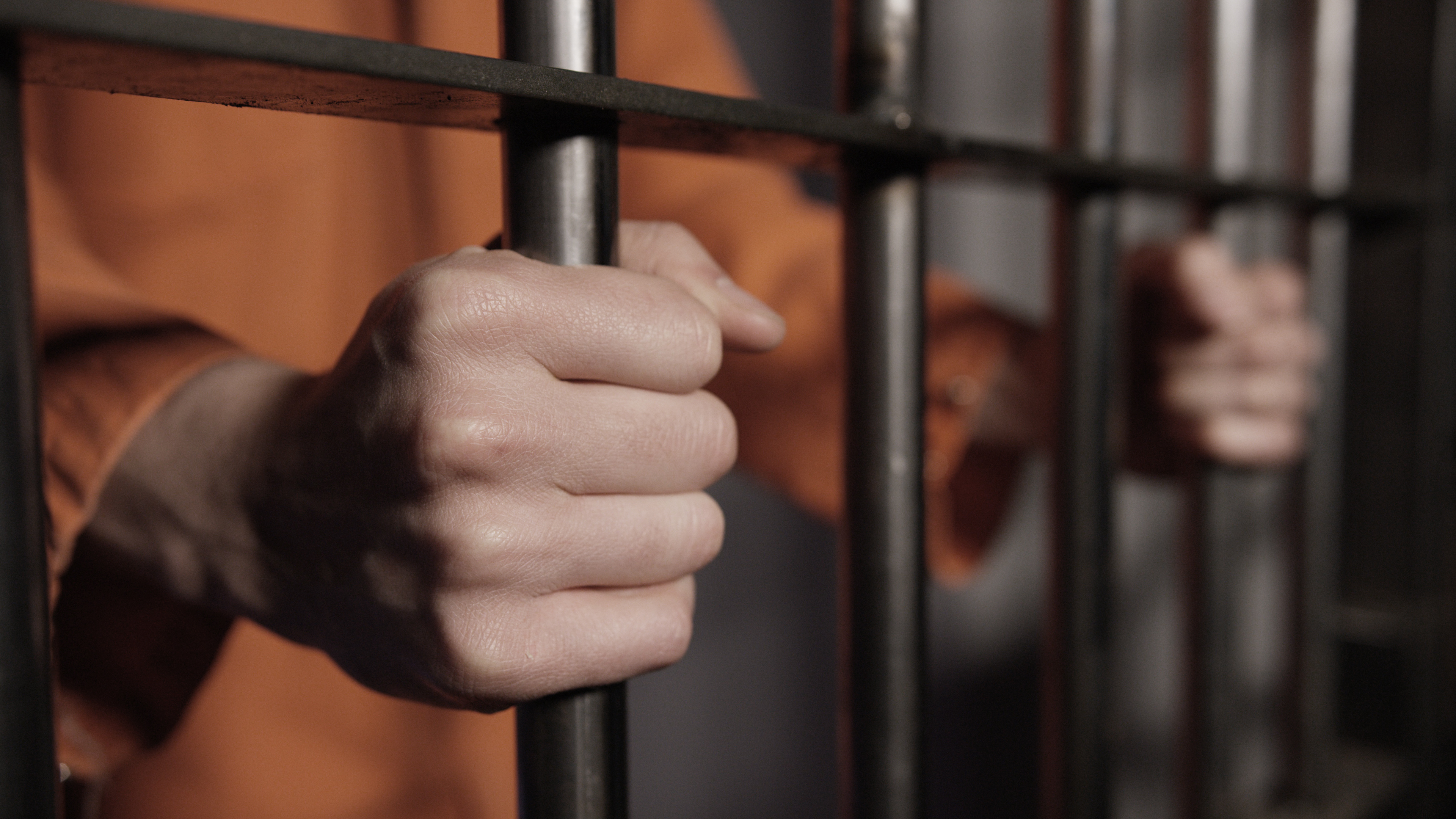Share This Article
Poppy Morandin.
The NSW prison system is currently under a state-wide lockdown after outbreaks of covid-19 have occurred among staff and inmates.
Authorities are currently seeking to address the issue with rapid antigen testing and vaccinations.
As of a couple of weeks ago, 21 per cent of NSW prisoners in government-run facilities had been fully vaccinated and 42 per cent had received at least one dose, according to a Justice Health spokesperson.
Just over 41% of Corrective Services staff are fully vaccinated, while 54% have just had one dose.
“COVID has started running through NSW prisons where only 21% of prisoners are fully vaccinated. Prison officers still don’t even need compulsory vaccination. This is government neglect and it’s no accident that over a quarter of the people in jail are First Nations.” commented NSW Greens MP, David Shoebridge.
The low vaccination rates for NSW prisoners compared with the general population, are concerning figures noting that one in four prisoners in NSW is Aboriginal or Torres Strait Islander.
It has been found that Indigenous Australians have an increased risk of complications from covid due high rates of underlying health conditions and chronic illness, and systematic inequality in getting health care in Australia.
“The Criminal Justice System in Australia can impose a prison sentence, but this must not become a death sentence.” Mr Shoebridge continued.
At least 75 prisoners in Parklea Correctional Centre, in Sydney’s north-west, have tested positive for covid.
Furthermore, around 8 correctional officers and prisoners connected to Bathurst Correctional Centre, in the Central West, have tested positive for covid.
A spokeswoman for Corrective Services NSW has stated that rapid antigen screening, which is currently in place in facilitates such as the Surry Hills Cells Complex and Bathurst Correctional Centre, would soon be rolled out at other locations.
MTC-Broadspectrum has advised that the original Parklea infections were not new arrivals, were in isolation and were receiving treatment.
Under Corrective Services plan to address outbreaks, infected prisoners are sent to the Metropolitan Remand and Reception Centre (one of three facilities at the Silverwater prison complex) which has an isolation hub.
Furthermore, all inmates are tested when they first arrive in custody and undergo a 14-day quarantine period before they are cleared to move into the general prison population.
However, it is reported that Parklea has stopped sending infected inmates to the remand centre as cases continued to grow.
Law reform groups, prisoner reform groups, and First Nations activists have now called on the government to use powers enacted by parliament in March 2020 which can enable the release of non-violent inmates back into the community on parole.
The COVID-19 Legislation Amendment (Emergency Measures) Bill 2020 amended various pieces of legislation in order to address issues presented by the pandemic.
Pursuant to section 276 of the Crimes (Administration of Sentences) Act 1999 (NSW), certain inmates can be released if it’s “reasonably necessary because of the risk to public health or to the good order and security of correctional premises arising from the COVID-19 pandemic”.
Whether the inmate will be eligible is determined by factors including the offence committed, their age, health or vulnerability, and the period remaining before the expiry of an inmate’s sentence or non-parole period.
Inmates who have committed serious offences are excluded for consideration, such as those convicted of murder, some sexual assault offences, or a terrorism offence.
The Commissioner is also empowered to revoke an early release decision.
Section 330 of the Crimes (Administration of Sentences) Regulation (NSW) further prescribes that the early release provision applies to inmates whose health is at higher risk during the COVID-19 pandemic because of an existing medical condition or vulnerability and who is eligible for parole within the next 12 months.
The early release provisions aim to help prevent the spread of covid through jails by lessening overcrowding and enhancing social distancing.
“Overcrowded prisons during a pandemic are not just a threat to inmates and staff, they present a very real danger to the broader public when uncontrollable outbreaks overwhelm the hospital system.” explained Mr Shoebridge.
However, when Mr Shoebridge posed the question to the Police Commissioner as to whether the release provisions would now be enforced, he was told it’s only a “last resort, not a likely scenario.”









